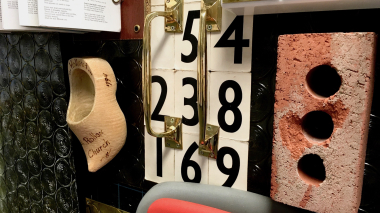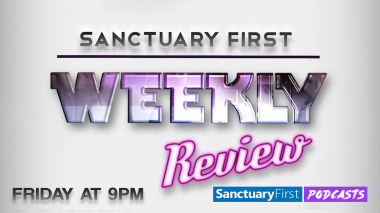The Onlife Church

We can no longer simply talk about, ‘being on or offline’ as church communities. This terminology no longer describes the reality of living in the present culture. Digital is part of real life. Professor Luciano Floridi, of the Oxford Internet Institute, Oxford University, suggests that talking about being ‘off line or online’ is so 90s. He believes we need to recognise that new tools are being used to define reality.
In 2013 he, along with around thirteen academics, published.‘The Onlife Manifesto’, promoted by the EEC. It has been used by many organisations in the corporate and political and educational worlds to begin to stimulate a discussion about the effect the new digital technologies are having on the following areas of life:
- Our self-conception (who we are)
- Mutual interactions (how we socialise)
- Our conceptions of reality (our metaphysics)
- Our interactions with reality (our agency)
The ‘Onlife Manifesto’, seeks to highlight that we in today’s society are just waking up to the huge legal, ethical and political significance ICT, (Information Communication Technology), is having on our lives. The following quote from the introduction to the publication suggests the nub of the problem we face — and reflects a great deal of what is being written by theologians who are pioneering in this area. Floridi believes human identity is at a crossroads, he writes:
 “This has happened because of the blurring of the distinctions between reality and virtuality. The blurring of the distinctions between human machine and nature. The reversal from information scarcity to information abundance; and the shift from the primacy of stand - alone things, properties and binary relations, to the primacy of interactions, processes and networks.”
“This has happened because of the blurring of the distinctions between reality and virtuality. The blurring of the distinctions between human machine and nature. The reversal from information scarcity to information abundance; and the shift from the primacy of stand - alone things, properties and binary relations, to the primacy of interactions, processes and networks.”
Professor Floridi suggests it is the above examples that are testing the foundations of philosophy in relation to personal identity.
It would seem to me that we in the church need to be engaging with a theology that enables us to understand and communicate with a society that is in flux. If Professor Floridi is correct, this means we as a church need to be equipping our future leaders to understand the significance of church in an ‘onlife world’.
In the light of this extraordinary advance in communications there is an undoubted case to be made to re-evaluate the way communication is carried out in our churches. By this I mean: from preaching to pastoral caring; from teaching the faith to believers, to exploring the faith with inquirers.
Congregations in this brave new world may discover themselves sinking in the tsunami of change, and overload of information; or they might discover a new found confidence in being empowered to contribute to the overall worship experience, including the sermon, through the creative use of technology.
 I am wanting in my next few blog posts to suggest that we need to find ways to express the function of worship as more than just ‘a stand alone’ item by an individual in a worship service but rather, as a process, an interaction between preacher, listener and scripture all within the context of a creative liturgy regardless of the location. I’m going to suggest that presence will always trump location. I think John Zizioulas sums it up perfectly:
I am wanting in my next few blog posts to suggest that we need to find ways to express the function of worship as more than just ‘a stand alone’ item by an individual in a worship service but rather, as a process, an interaction between preacher, listener and scripture all within the context of a creative liturgy regardless of the location. I’m going to suggest that presence will always trump location. I think John Zizioulas sums it up perfectly:
“Theology is the liturgy, and the Christian caught up in it. Through listening to the liturgy and the scripture, the Christian Community learns to see the whole world as this liturgy, and watches God at work, creating, judging and providing for all creation.”
Could it be that when professor Floridi suggests the important role philosophy can play in this brave new world that Christians need to be able to embrace a new identity that allows us to live integrated lives in which the digital world is used to enhance and glorify the worship of almighty God? In my next few posts I’m going to try and tease out how we can begin to create and develop a missional church that is engaging with all the creative possibilities of the digital age.
Very Rev Albert Bogle




 Add to Favourites
Add to Favourites







Login to comment.